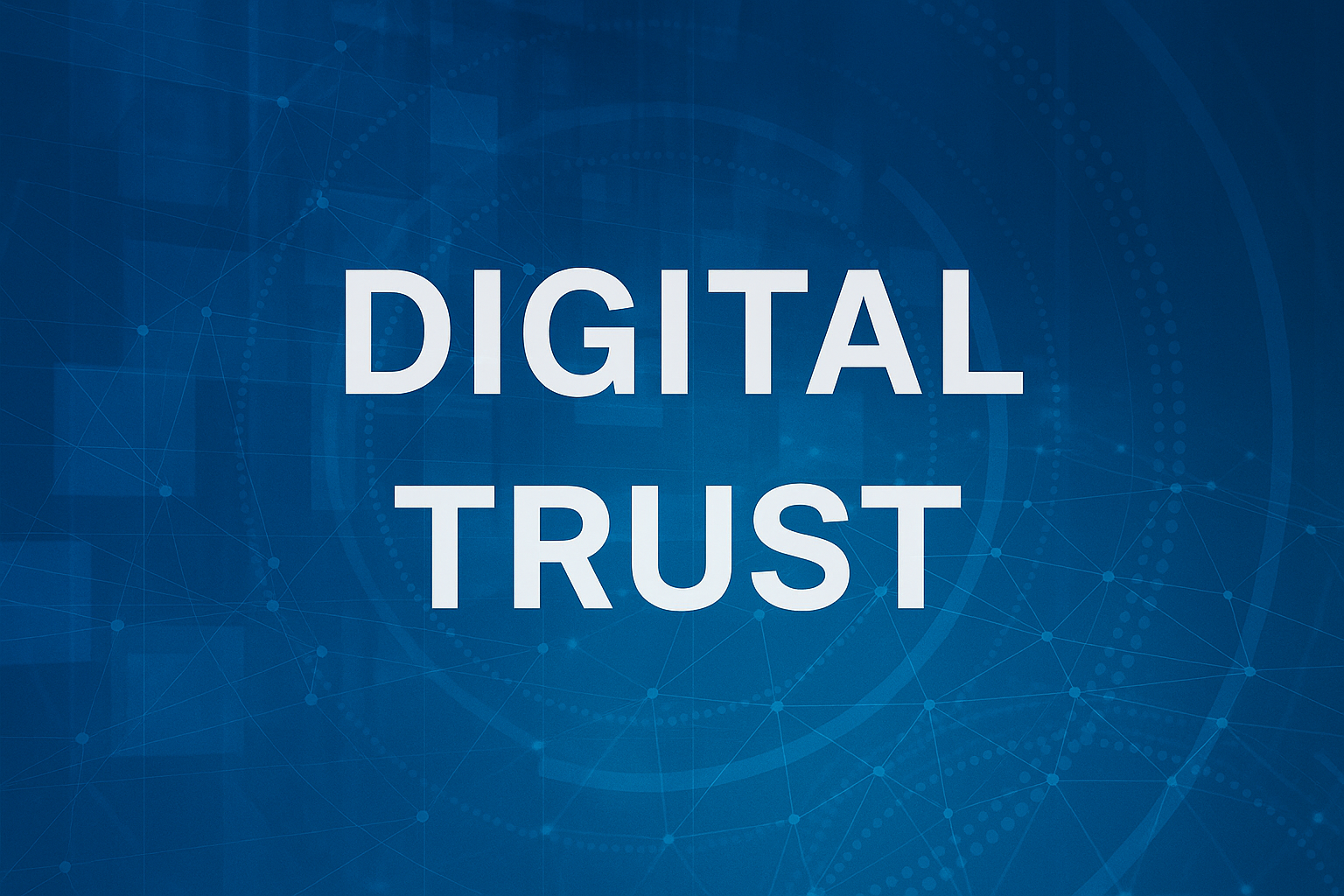On June 21, 2024, global experts gathered in Brussels for the Digital Trust Workshop, organised by the Global Digital Foundation. The event explored how digital trust can serve as both a societal cornerstone and a strategic advantage for organizations operating in a rapidly evolving digital landscape.
From Human Psychology to Digital Systems
The workshop’s briefing paper, authored by Dr. Rob Wortham, emphasises that digital trust begins with the individual. Trust, while fundamental to human relationships, also underpins the digital ecosystem — influencing how people, organisations, and technologies interact. Trust involves the willingness to be vulnerable based on the expectation that others will act responsibly and reliably.
Drawing on behavioural science, the paper references Daniel Kahneman’s insights on decision-making biases and emotional variability, underscoring that human judgment — and therefore digital trust — is shaped as much by emotion as by logic.
Social Trust and Performance Trust
The discussion introduces the Trust, Confidence and Cooperation (TCC) Model, which distinguishes between social trust (based on shared moral values) and performance trust (based on competence and evidence). For instance, even the most secure, certified system may still be met with scepticism if the provider lacks social trust. As the paper concludes, “If you don’t trust the messenger, you don’t trust the message.”
Trust, Risk, and Corporate Value
Building on Paul Slovic’s research in risk perception, the paper illustrates how trust shapes public concern: people tend to fear risks managed by those they distrust, but accept similar risks when they trust the managers. This principle applies directly to technology adoption—from AI systems to cybersecurity solutions.
For businesses, trust acts as “social glue”, fostering collaboration, transparency, and long-term success. When employees feel trusted, productivity rises. When partners share trust, negotiations become more effective.
Building Trust Through Transparency
Practical strategies for building digital trust include:
- Reducing perceived risks through partnerships with trusted third parties such as universities, standards bodies, and think tanks.
- Aligning with governments on policy and regulatory approaches to build public confidence.
- Demonstrating compliance and accountability through standards and certification processes that are transparent and verifiable.
As the report notes, trustworthiness must be verifiable — through clear evidence of policy, regulation, and standards conformity.
An Opportunity for Collaboration
Ultimately, the paper frames digital trust as both a societal need and a strategic opportunity. In a world where geopolitical tensions and technological disruptions challenge confidence in digital systems, building trust is not merely a compliance exercise — it is a competitive differentiator.
By aligning ethical values with technical excellence, organisations can move beyond risk mitigation to create lasting digital relationships based on confidence, credibility, and cooperation.

Leave a Reply